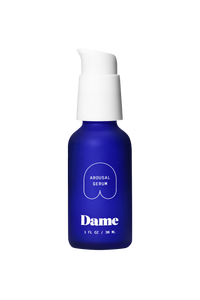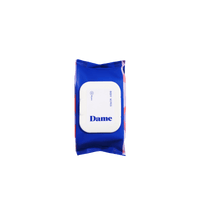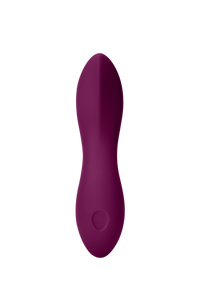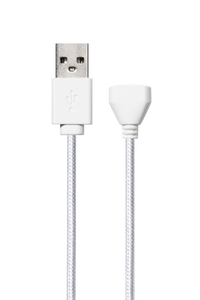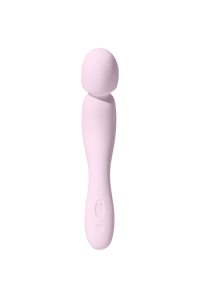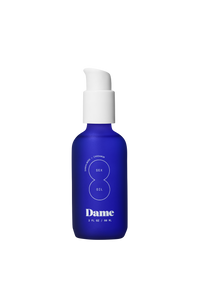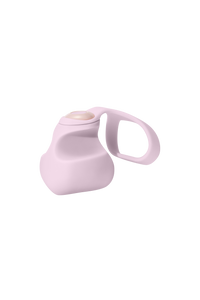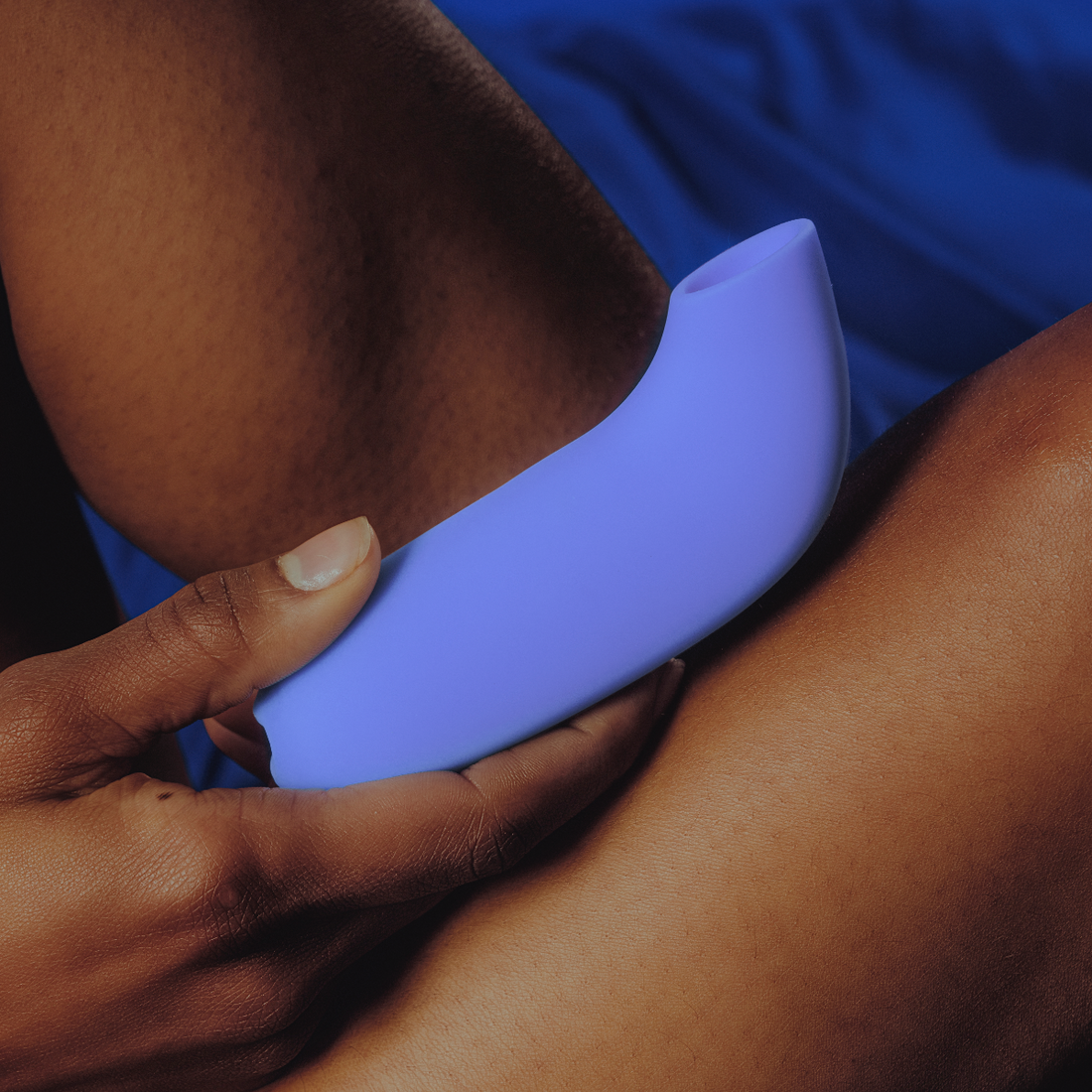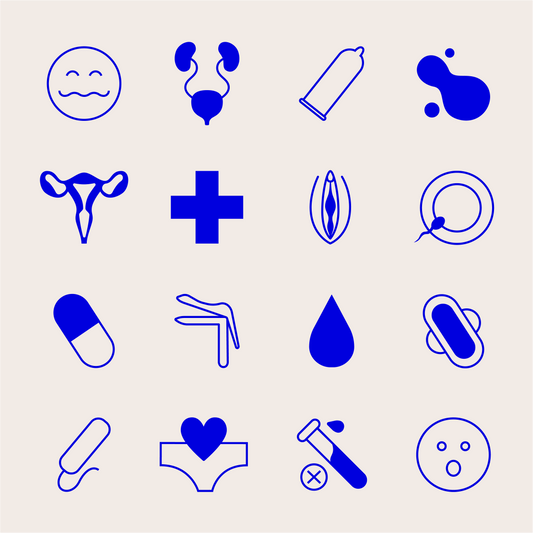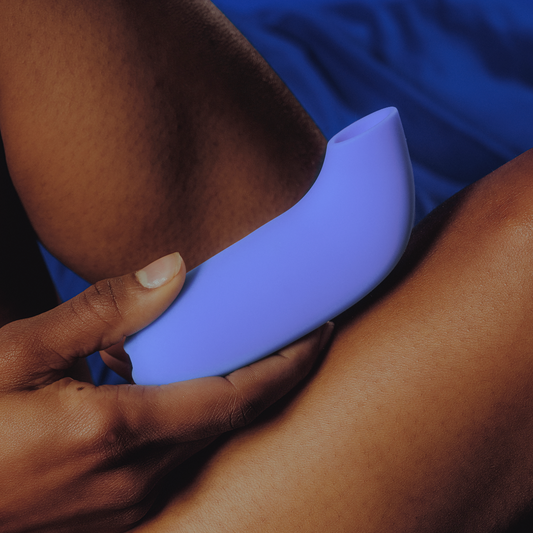The “Morning-After Pill” Is Actually Two Pills—and It’s Not Just For the Morning After
Even saying “the” morning after pill isn’t totally accurate, because in the United States it’s really two morning-after pills, and they can be taken up to 72 hours after sex. The two most common brands are Plan B and ella. They work differently and do slightly different things, so let’s take a look at both. Plan B (as well as Next Choice One Dose, Take Action, My Way, AfterPill) contains levonorgestrel, which is a progestin hormone that prevents ovulation. It also makes your cervical mucus thicker to block sperm trying to get in, and it changes the lining of your uterus so it’s harder for implantation to occur (i.e. for a fertilized egg to attach in the uterus) in the event that you’ve already ovulated. You can take it within three days of unprotected sex and it’s available over the counter.One thing that not everyone knows — but everyone really should — is that your weight affects how effective Plan B is.Ella, on the other hand, uses ulipristal acetate to delay or stop ovulation and also makes it more difficult for a fertilized egg to implant in the uterus. You have to go to the doctor and get a prescription for this one! Luckily, there’s also the option now to get it online, complete with a telemedicine visit with a doctor. Planned Parenthood recommends this site if you want to go that route. (Most Planned Parenthoods also have it in stock and you can get an appointment same-day for emergency contraception.)
An IUD Works as Emergency Contraception, Too
While both ella and Plan B are great in certain circumstances (and we’ll talk about them in a moment), there’s another form of emergency contraception: the copper IUD, which is sold under the brand name Paragard. If you get a Paragard within 120 hours (or five days) of having unprotected sex, it’s the most effective kind of emergency contraception. Not only that, it lasts for 10 years and is also the most effective kind of regular contraception! (Yup — even better than a vasectomy.) In order to get a copper IUD, you’ll have to have it inserted by a health care provider. The process isn’t very comfortable, but many people love the fact that once it’s in there, you’re good to go for a decade. It’s worth discussing Paragard with your doctor if you need emergency contraception and also are thinking about a more effective long-term birth control method.Only One Kind Should Be Used As Regular Contraception
Of the three types of emergency contraception — two hormonal and one copper IUD — only the IUD should be used for regular contraception. That means if you find that you have to take a hormonal morning-after pill more than once in a cycle (or even a couple of cycles in a row), it might be time to consider other birth control options. Check out Bedsider.org’s great comparison chart of the different types of birth control and then go to see your doctor fully informed.Your Weight (and Other Birth Control) Can Mess With Emergency BC
One thing that not everyone knows — but everyone really should — is that your weight affects how effective Plan B is. If you weigh more than 164 pounds, then Plan B isn’t the right choice for you. Instead, use ella or make an appointment to get an IUD. If your normal contraception is a hormonal birth control (like the Pill, patch, ring, or implant), then ella isn’t a good choice for you either. Taking ella and another hormonal method can make both methods less effective, so talk to your doctor about the best solution.The Morning-After Pill Is NOT An Abortion Pill
Despite what anti-contraception groups and politicians might have you believe, the morning-after pill is not an abortion pill. The morning-after pill prevents your body from releasing an egg — and also prevents a fertilized egg from implanting on the uterus. There is no pregnancy until the fertilized egg has implanted.“You are more likely to develop side effects if you use emergency contraception more than once in the same cycle."The abortion pill (which is more formally called a “medication abortion”) ends an early pregnancy by blocking the hormones that make pregnancy possible. That means the egg has been fertilized, has implanted, and has started to grow a fetus.

